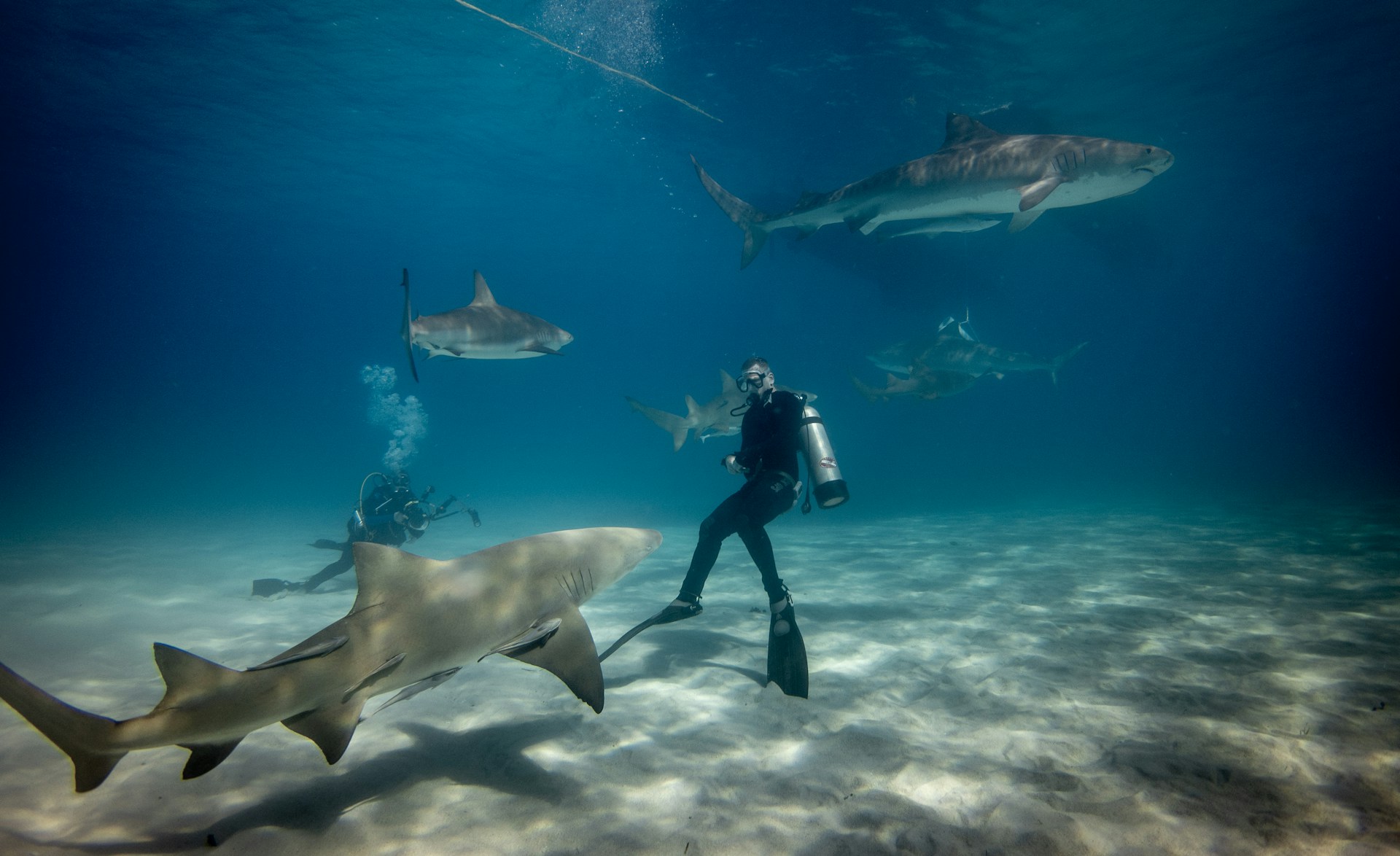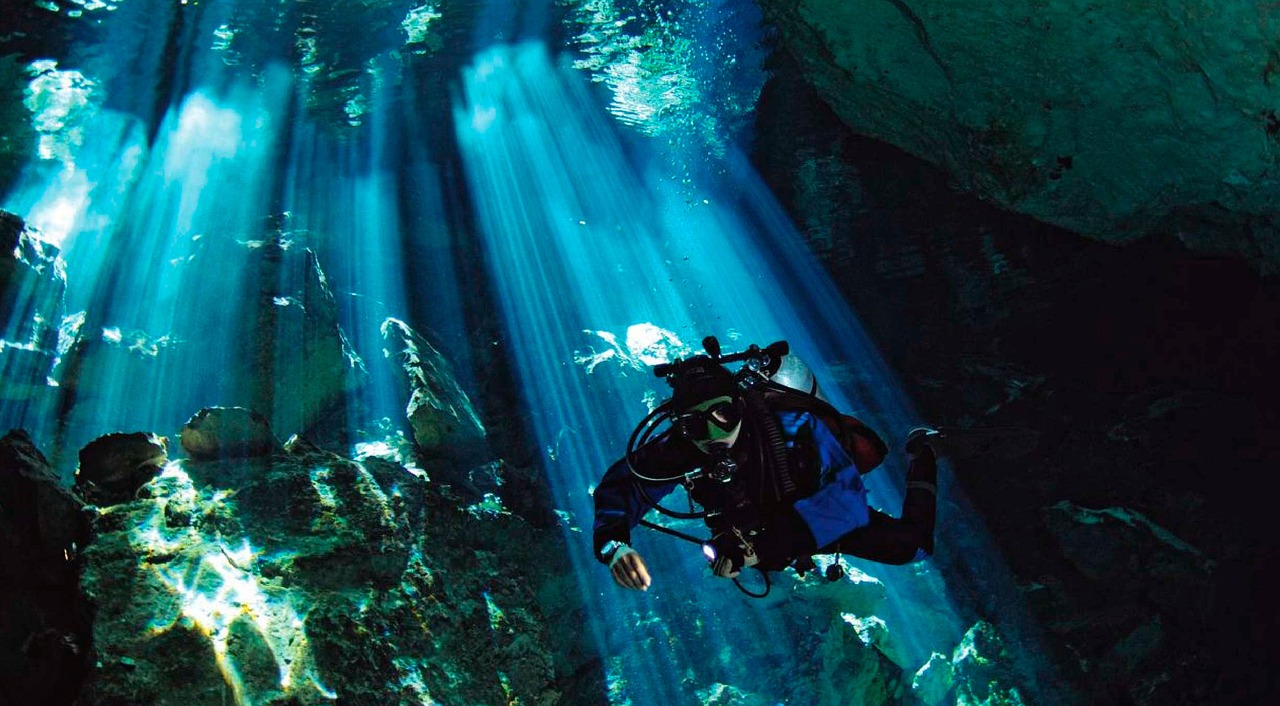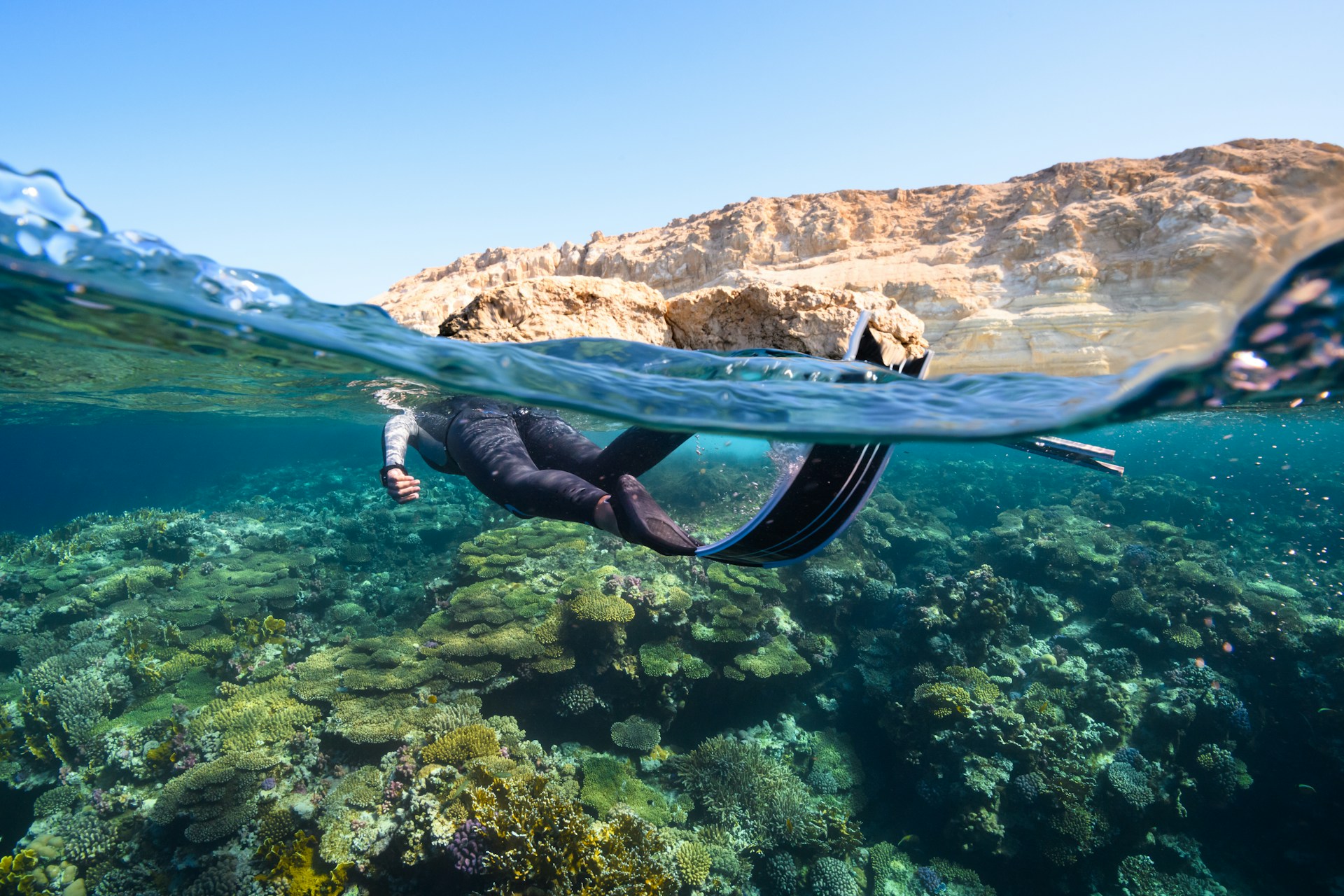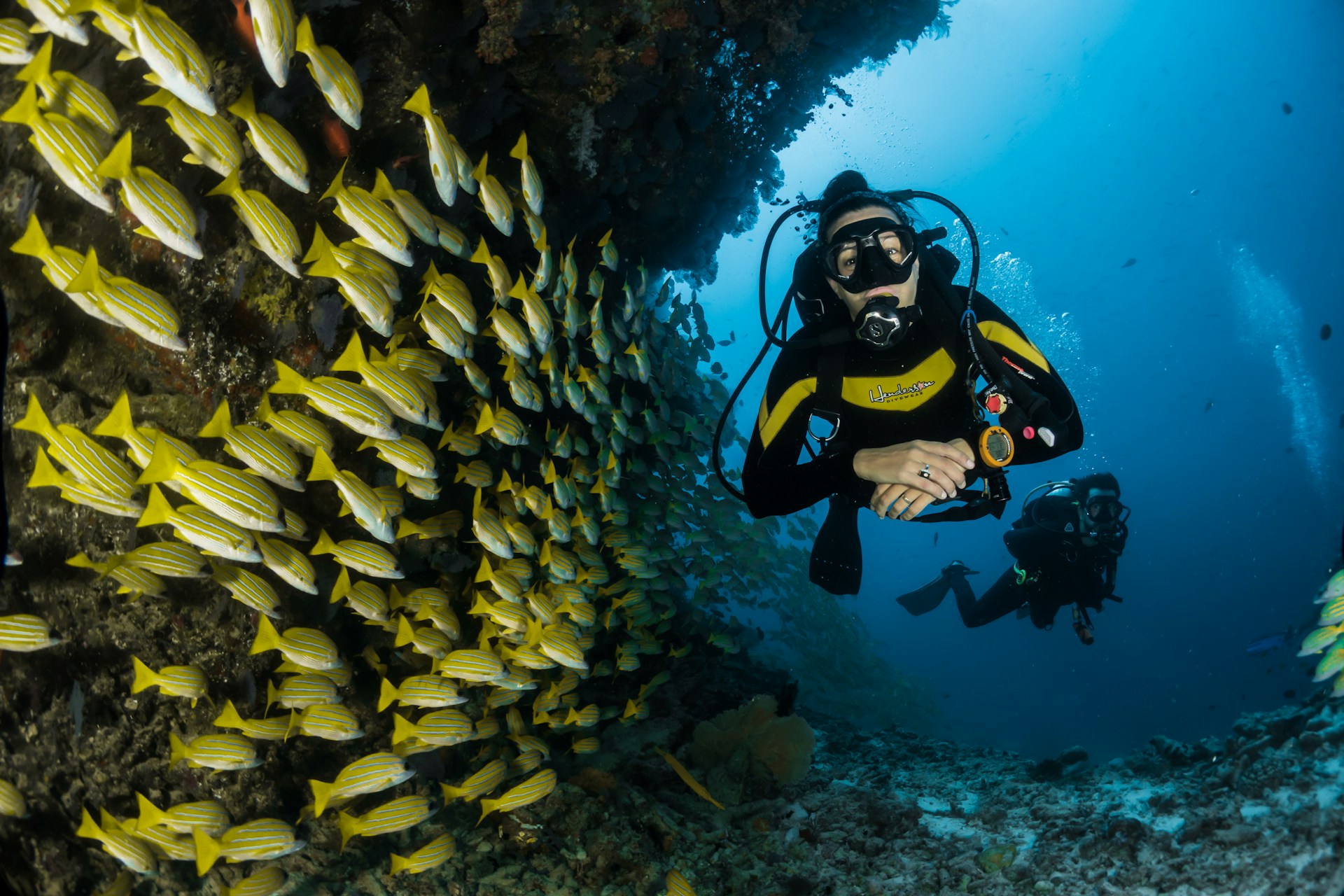The Chico Mendes Institute for Biodiversity Conservation (ICMBio) has recently introduced a specialized training course on diving with sharks, following the designation of the Alcatrazes Archipelago as an Important Shark and Ray Area (ISRA). Located off the southern coast of São Sebastião, this marine region has gained scientific prominence due to extensive research and conservation efforts led by ICMBio.
This recognition is the result of long-term monitoring and studies conducted within the protected area, which highlighted the archipelago’s vital role in the life cycles of several shark and ray species. These findings have helped place Alcatrazes on the international map of priority habitats for marine biodiversity conservation.
The course promoted by ICMBio aims to expand public awareness and professional expertise in shark diving practices, with a strong emphasis on environmental education and safety protocols. It is designed for divers, marine tourism professionals, and conservation advocates who operate in areas with significant populations of elasmobranchs — the biological group that includes sharks and rays.
The training combines theoretical modules with practical diving sessions in controlled conditions. Topics include shark biology and behavior, conservation status, appropriate interaction techniques, and emergency response procedures. The objective is to foster a respectful and informed relationship between humans and these often misunderstood marine animals.
In addition to increasing safety for divers and minimizing the risk of accidents, the program also seeks to combat the stigma surrounding sharks. ICMBio underscores the importance of replacing fear with knowledge, encouraging responsible tourism that supports marine conservation and sustainable practices.
Alcatrazes, a biodiversity hotspot in Brazil’s southeastern waters, is home to a wide array of marine life. Its protected status allows for controlled ecotourism and scientific research, while preserving fragile ecosystems and supporting endangered species. The new course builds on these efforts by integrating public engagement with conservation science.
This initiative is part of a broader national strategy to promote sustainable use of marine resources and protect threatened species. ICMBio continues to work with partners from academia, civil society, and the tourism sector to create opportunities that blend environmental protection with community development.
The shark diving course is expected to strengthen Brazil’s leadership in marine conservation and serve as a model for other regions seeking to balance ecological preservation with responsible tourism.



